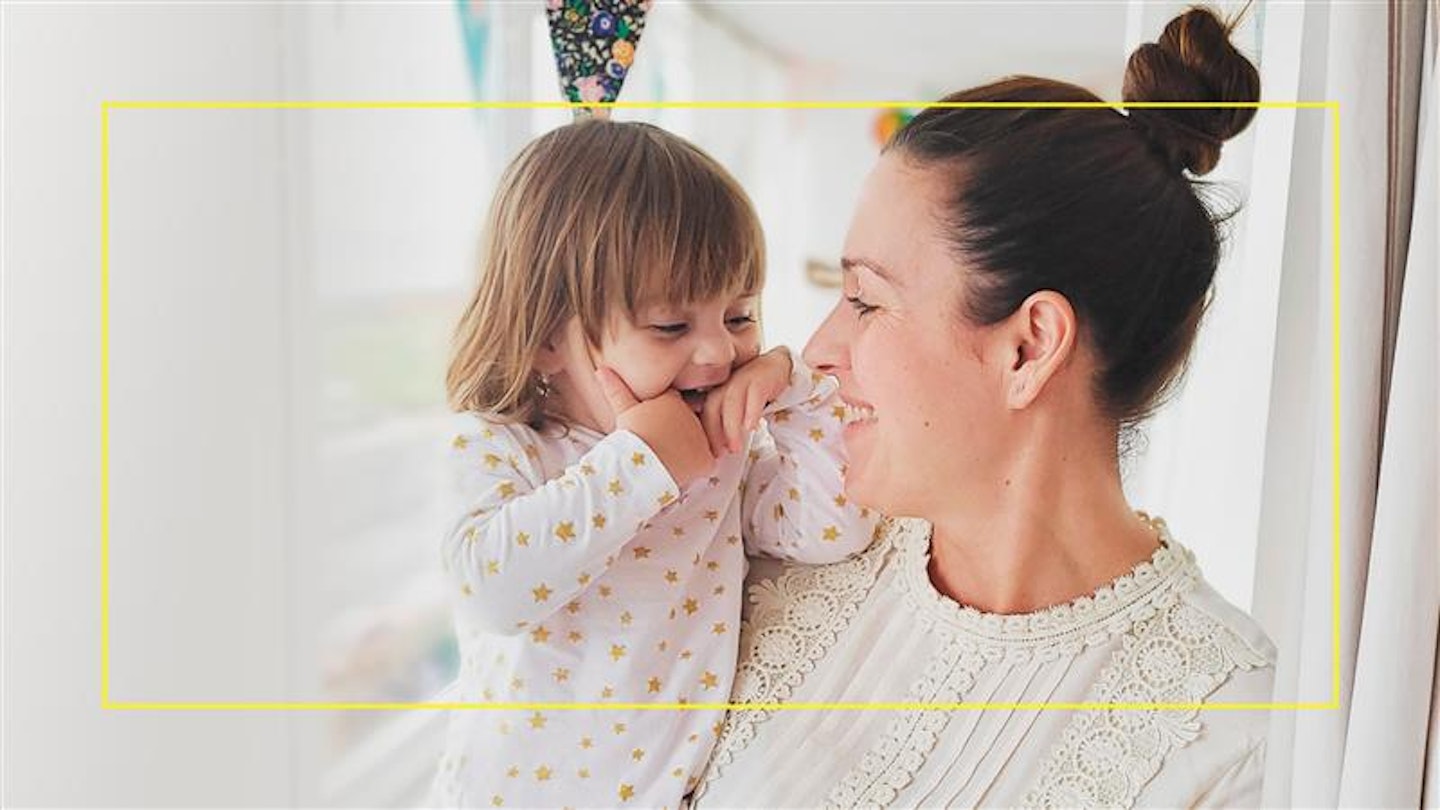More than 600,000. That’s how many babies were born in the UK under some form of lockdown restrictions in the year after the world closed down. More than 200,000 of those babies were born when restrictions were at their tightest, and my accidental fourth baby Violet Hope is one of them.
Violet arrived following a relatively normal and straightforward hospital birth a month into the first lockdown in April 2020. But what happened next was anything but normal.
Her first human touch was from a midwife dressed from head-to-toe in PPE gear complete with goggles and a face mask. The Covid-19 vaccine hadn’t been developed yet and with coronavirus cases spiking, the delivery room looked more like an apocalyptic film set than a birthing suite with staff obscured by protective clothing and plastic over every surface. Even her daddy’s face was hidden behind a mask for the first few hours of her life.
With Violet safely in my arms we were sent straight home and that’s where we stayed for the best part of a year. Health visitor checks involved holding my baby up to the camera on my computer and sliding weighing scales over the threshold of the front door to a midwife standing the designated two metres away. Instead of bonding cuddles with family, friends, and grandparents we had made do with glitchy Zoom parties with a tendency to freeze a lot.
Looking back, Violet’s newborn days, weeks and months were nothing like those of her older siblings, and two years on the ramifications of staying home and staying safe continue to affect her relationships. She isn’t the same as her brother and sisters were at the same age, and I worry about what that means for her future.
So, when Ofsted’s chief inspector Amanda Spielman warned that rising numbers of young children are unable to understand facial expressions because they’ve had fewer opportunities to develop their social and emotional skills during the pandemic, I wasn’t surprised.
At home Violet is an outgoing, mischievous and cheeky little sister – but open the front door to the outside world and it’s a different story.
My trusting, bold, and happy-go-lucky toddler retreats behind my legs, views anyone she doesn’t know with the utmost suspicion and won’t let me out of her sight. And who can blame her when we spent most of her first year indoors and, until recently, she’s only ever seen strangers wearing masks?
We were forced to swap formative mum and baby groups and nurturing tea and cake in coffee shops for being allowed outside just once a day with immediate family only for exercise. Our two-bedroom, fourth floor flat never felt so small, and I don’t think it’s surprising Violet is a little bit different.
‘Mother and baby groups are a lifeline for many families,’ says parenting psychologist and mum of five Catherine Hallissey. ‘When the first baby is born, the mother is also born at that moment so we need lots of informal support from friends, relatives and other mothers. Lockdowns and Covid restrictions mean that so many families had to make do without this support. As a result, many mothers felt isolated which we know puts significant strain on maternal mental health, which has a knock-on impact on child development.’
I know I’m not the only one worrying about what being born in lockdown means for my quaranteenie. Accidentally having a fourth baby in the middle of a global pandemic is what compelled me to turn my parenting blog, Confessions of a Crummy Mummy, into a book: Confessions of a Crummy Mummy – The Baby Years. I felt like I had to write down what was happening during lockdown because you simply couldn’t make it up, and the response has been overwhelming.
I’ve had messages from total strangers thanking me for putting into words what they were thinking and feeling but couldn’t articulate amid the chaos of lockdown, homeschooling, post-partum hormones and getting to grips with new motherhood. The truth is it’s only now, two years on, that I’ve had the time and space to reflect on that time.
According to the Parent Infant Foundation's Babies in Lockdown report, which polled 5,474 expectant mums, new parents and parents of toddlers during the pandemic, almost seven in 10 felt changes brought about by Covid-19 affected their child. There’s no getting away from the fact that for many families the pandemic will cast a long shadow.
The question is: what can we do about it?
‘The first step is to not see this as “catching up” as this can add pressure to already stressed-out parents,’ says Hallissey, who specialises in parenting challenges such as helping kids become more confident and resilient. ‘Children’s brains are built through connection so focus on connection and fun instead. Spend as much time as you can playing with your child on your lap, play games like peek a boo and read simple books in an interactive way.
‘By putting in five to 15 minutes a day of special time with your little you, not only will you have a lovely time connecting and being together, you will also be supporting your child to make new neural connections in the brain,’ she says.
Now lockdown is over and Violet’s siblings are back at school like many mums I am free to do just that.
But I can’t help but feel guilty for the time we didn’t spend connecting and the games we didn’t play on my lap because my maternity leave and the first year of Violet’s life was hijacked by lockdown.
